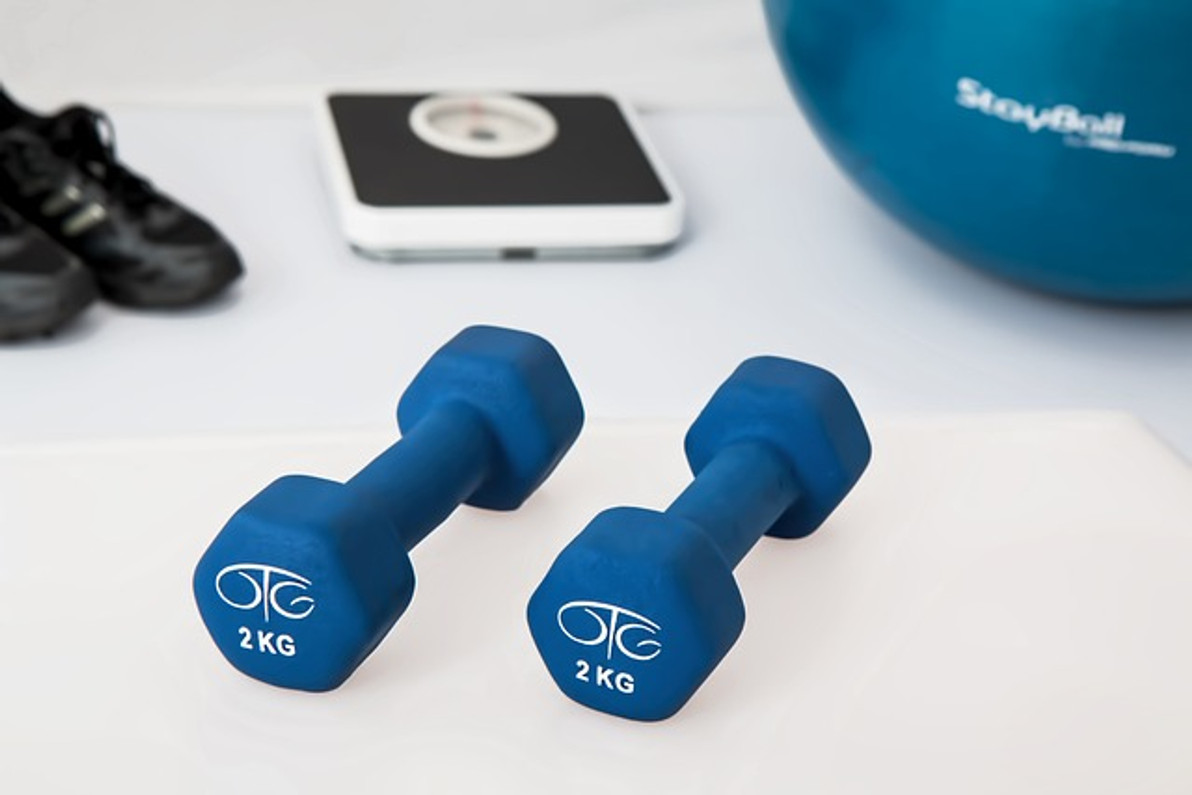What Is Muscle Fatigue? Here's What You Need to Know
Regular exercise is essential to your health and wellness. It promotes a healthy weight while lowering the risk of many chronic diseases, including heart disease and diabetes. When exercising, however, you may experience muscle fatigue. It's a common phenomenon from which physically active men and women suffer. What is muscle fatigue exactly?
Muscle Fatigue Explained
Muscle fatigue is described as general fatigue or weakness of the muscles. More specifically, it's the loss of muscle strength or performance.
Muscle strength isn't static. The strength of your muscles may increase or decrease. You might be able to comfortably perform bicep curls with 20-pound dumbbells, for instance. With muscle fatigue, the strength of your muscles will decrease. Rather than performing bicep curls with 20-pound dumbbells, you may have to use 15-pound dumbbells.
What Causes Muscle Fatigue?
One of the most common causes of muscle fatigue is regular exercise. Exercising on a regular basis, of course, will typically increase the strength of your muscles -- but only after breaking down your muscle fibers. Strength-training exercises will expose your muscles to weights Therefore, your muscle fibers will break down.
Your body will rebuild the damaged muscle fibers so that your muscles become stronger. Until this rebuilding process has been completed, though, you may experience muscle fatigue. Your muscles may feel sore and achy, and they may be weaker.
How to Recover From Exercise-Induced Muscle Fatigue
You can recover from exercise-induced muscle fatigue by waiting for your body to completely repair and rebuild the damaged muscle tissue. It usually takes 24 to 48 hours for this to happen after performing strength training exercises.
To speed up the recovery process, make sure you are getting plenty of protein in your diet. Protein molecules are the building blocks of muscle tissue. Your body will use protein to rebuild damaged muscle tissue. If you don't get enough of it in your diet, you may experience muscle fatigue for a longer period.
In addition to protein, you should drink plenty of water. Water will lubricate your joints while alleviating aches and pains. At the same time, it will encourage faster recovery from exercise-induced muscle fatigue.
Avoid performing any additional strength training exercises until your body has recovered from muscle fatigue. Lifting weights while you are experiencing muscle fatigue may prolong the systems. It will further stress your muscles, so your body will take longer to heal itself.
Recent Posts
-
Fire Safety in the Workplace: What You Need to Know
What steps are you taking to prevent fires in your workplace? According to the U.S. Occupational Saf …Aug 23rd 2023 -
Is It Safe to Go Jogging With a Cold Infection?
If you're suffering from a cold infection, you might be wondering whether it's safe to go jogging. T …Aug 22nd 2023 -
5 Safety Tips to Follow When Using a Powder-Actuated Tool
Powder-actuated tools are commonly used to join materials to steel and concrete. Also known as Hilti …Aug 20th 2023




